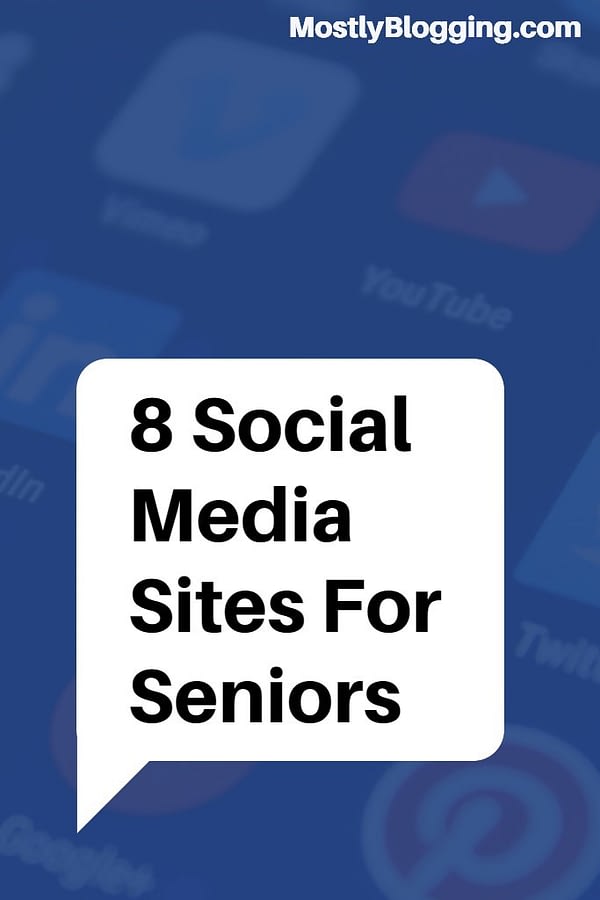

Twitter’s new policy invites government agencies and certain affiliated organizations to apply to be labeled as official with a gray check. Their posts amassed hundreds of thousands of views before being taken down. The fake accounts used the same photos, biographical text and home page links as the real ones. While some impostor accounts were clear jokes, others created confusion.įake accounts posing as Chicago Mayor Lori Lightfoot, the city’s Department of Transportation and the Illinois Department of Transportation falsely claimed the city was closing one of its main thoroughfares to private traffic. The policy change quickly opened the door for pranksters to pose convincingly as celebrities, politicians and government entities, which could no longer be identified as authentic.

To replace them, Musk told users that anyone could pay $8 a month for an individual blue check mark or $1,000 a month for a gold check mark as a “verified organization.” The blue check marks that Twitter once doled out to notable celebrities, public figures, government entities and journalists began disappearing from the platform in April. “That will confuse users – especially on important days like election days.” “The lack of clear, at-a-glance verification on Twitter is a ticking time bomb for disinformation,” said Rachel Tobac, CEO of the cybersecurity company SocialProof Security. Election and security experts say the inconsistency of Twitter’s new verification system is a misinformation disaster waiting to happen. Some are taking other steps allowed by Twitter, such as buying check marks for their profiles or applying for a special label reserved for government entities, but success has been mixed. Experts have warned that foreign adversaries or others may try to influence the election, either through online disinformation campaigns or by hacking into election infrastructure.Įlection administrators across the country have struggled to figure out the best way to respond after Twitter owner Elon Musk threw the platform’s verification service into disarray, given that Twitter has been among their most effective tools for communicating with the public. Impostor accounts on social media are among many concerns election security experts have heading into next year's presidential election. If the account remains unverified, it will be easier to impersonate – and harder for voters to trust – heading into Election Day.

That’s troubling, Custodio said, because Pennsylvania has a primary election May 16 and the commission uses its account to share important information with voters in real time. It’s unclear whether is an eligible government account under Twitter’s new rules. The election commission applied weeks ago for a gray check mark - Twitter’s new symbol to help users identify official government accounts – but has yet to hear back from the Twitter, commission spokesman Nick Custodio said.


 0 kommentar(er)
0 kommentar(er)
